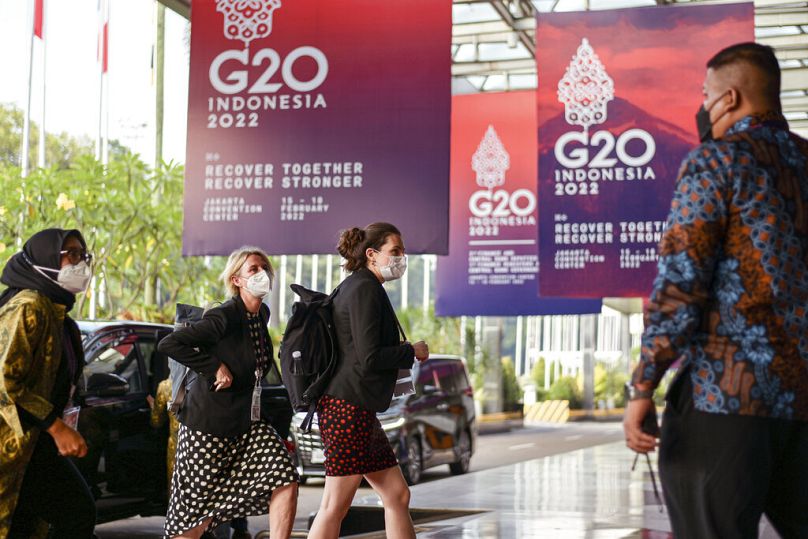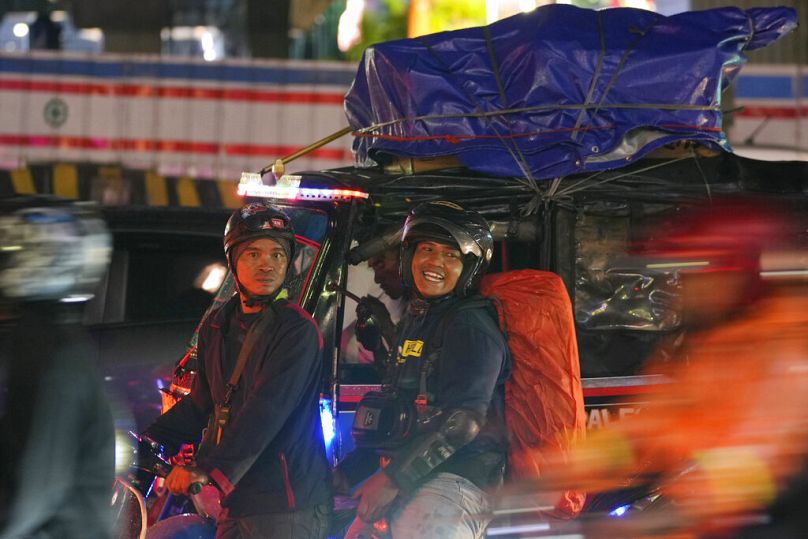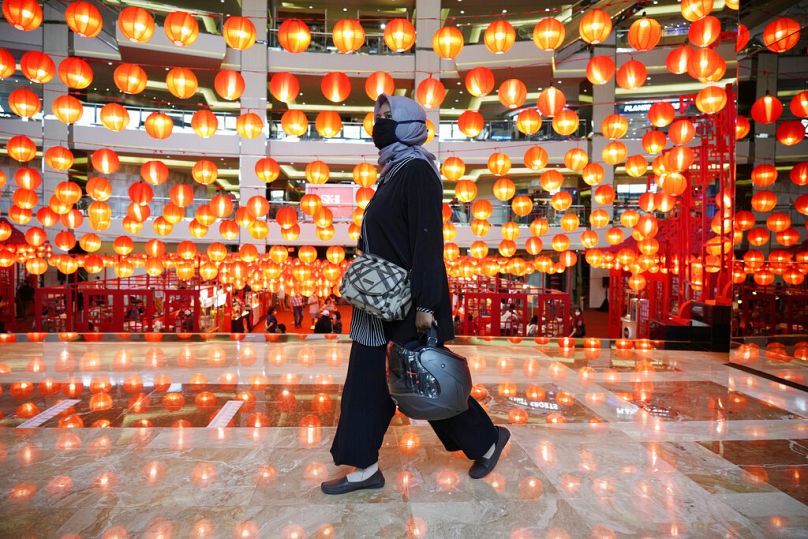Airlangga Hartarto, co-ordinating minister of economic affairs of the Republic of Indonesia, tells us why he believes the EU should forge stronger economic bonds with his country and its neighbours.
President Joe Biden’s visit to Asia last week, and his announcement of the Indo-Pacific Economic Framework, was a warmly welcomed step: the latest in a series of diplomatic and economic initiatives designed to increase Western engagement with Southeast Asia.
 ADVERTISEMENT
ADVERTISEMENT
 ADVERTISEMENT
ADVERTISEMENT
It is, however, difficult not to feel that there is far more that can be done to strengthen relations with our region, and to unlock the potential benefits of closer ties between Southeast Asia and the Western world.
The European Union, as the world’s largest economic bloc, is ideally placed to spark this change, and to drive a fresh new approach to strengthening this crucial relationship.
We can and should seek better trade relations
While diplomatic outreach and engagement will, obviously, be important, any attempt to deepen ties must be underpinned by a serious and clear commitment to strengthening economic ties.
This will require ambition on both sides. We must move beyond our strategic co-operation to a more comprehensive partnership, one which prioritises trade and investment as well as diplomatic co-operation.
This commitment should be a fundamental plank of the renewal of Western efforts in Asia – one which the EU should address sooner, rather than later.
Quite apart from any geopolitical and strategic benefits, the economic opportunities which could be created by bold policymaking in this sphere are immense.
My country, Indonesia, is a prime example of this opportunity. Indonesia, with its population of around 275 million people, is an economic powerhouse: the world’s seventh largest economy by GDP PPP. Trade volume between the EU and Indonesia, according to the most recent statistics, is valued at more than €20.6 billion.
The Indonesian economy has grown enormously in the past decade. Since hitting $1 trillion at the turn of the century, our GDP has increased by 230% over the past 20 years to $3.3 trillion.
Our young population and vibrant technology sector, which has produced 12 unicorns in recent years, mean this is set to continue, with my ministry’s forecasts indicating further strengthening over the next two years: 5.0 per cent growth in 2022, and 5.2 per cent in 2023.
And while the relationship between the EU and Indonesia has been productive in recent years, both in terms of continued growth of bilateral trade and investment and collaboration on such areas as education, healthcare, and governance, there is yet more untapped potential to explore.
Work harder to put differences aside
Free trade negotiations, which have been ongoing since 2016, have stalled somewhat. But if we build on momentum and renew our commitment to these talks, we could lay the foundations for significant opportunities.
We must double down on our commitments to dialogue and to working through the outstanding issues that remain in negotiations. Both sides must be bold, as well as flexible, in their thinking.
Common ground between our regions and our interests is clear. If we are to deliver on a partnership that could be transformative for people and industries on both sides of the world – we must not allow our differences to be overly obstructive.
Of course, this spirit should not stop with Indonesia. Across [the Association of Southeast Asian Nations], there are phenomenal economic opportunities for Europe: from established EU partners like Singapore to up-and-coming economies like the Philippines, where the EU could solidify itself as a core partner.
Multilateral engagement through ASEAN, which Indonesia will chair next year, should also be an integral part of a renewed commitment to positive relations in Asia-Pacific.
While it may take longer to iron out, we must continue to pursue the elusive EU-ASEAN free trade agreement. If achieved, this treaty could translate the enormous benefits that we have seen in Singapore and Vietnam – both of whom have FTAs with the EU – across our region.
The time for collective endeavour is now
The path of multilateralism, of course, will serve us well in several spheres. This week, at Davos, this spirit of common purpose towards a common future was one of the key themes I sought to reaffirm with key leaders and decision-makers from across the globe.
Over the past two years, we have faced immense global challenges: from COVID-19, to the Ukraine crisis, to the economic impacts of inflation and energy price rises. We will continue to face challenges that are global, not local, in their scope. In terms of climate change, for instance, unilateral action can only go so far. In these contexts, our global partnerships are as important as ever.
We are, in fact, taking a lead in promoting these partnerships. Not only will we serve as the chair of the G20 this year, but our President, Joko Widowo, has been invited by the UN Secretary General to take a leadership role in the Global Crisis Response Group on Food, Energy and Finance.
Whether it be recovering from the COVID-19 pandemic, or ensuring that we are prepared for future crises, we know we are stronger together.
As I meet with European decision-makers over the coming weeks, and indeed months, these are the messages I will convey. That Indonesia, and the ASEAN bloc, are committed to unity, and to greater co-operation, as we recognise its importance in paving the way to a brighter future. Equally, we are open and eager to re-energise the conversation about stronger partnerships with the EU and its member states.
For both our continents, our future will be brighter if we stand together.
Airlangga Hartarto is the co-ordinating minister of economic affairs of the Republic of Indonesia.













